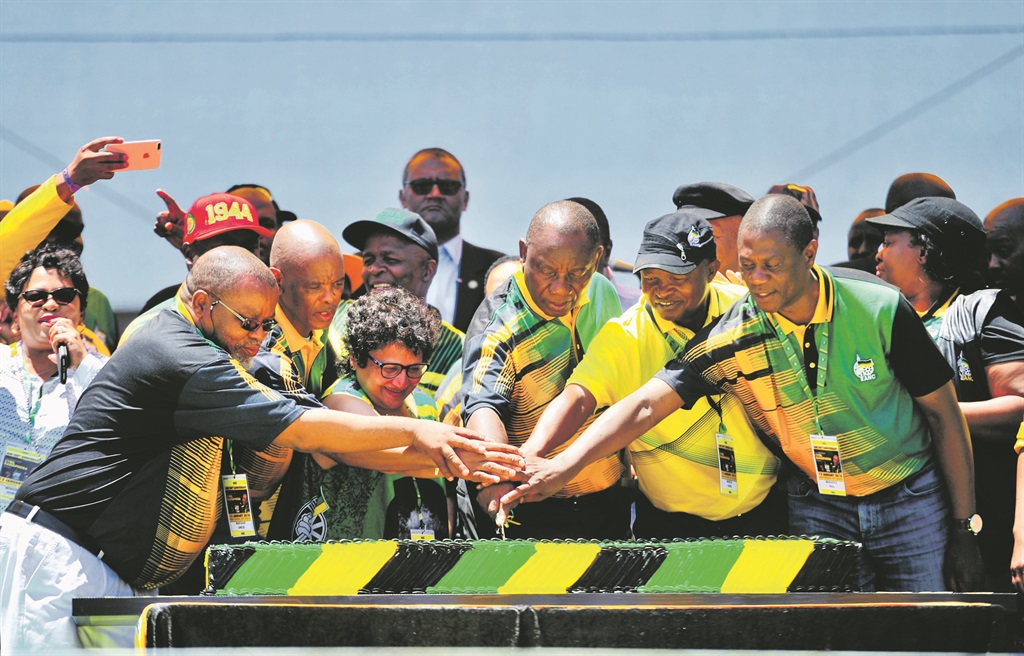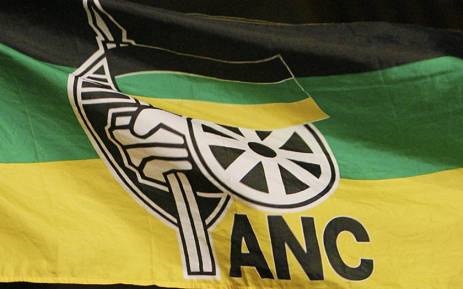
Out with the cool cats, in with those who coach rather than command, writes Chris Maxon
Forty-seven years ago, the ANC president in exile delivered what became known as the January 8 statement.
The statement became an “ngoma-lungundu” – the drum that is the voice of God – symbolising a state of readiness, vigilance and wariness.
The sacred drum of the VhaVenda belonged to their departed ancestors when they were still living in the north.
When the king vanished, many people fled or died with him.
Mwali bequeathed his powers to Tshilume, his eldest son, to whom he gave a small drum of the spirits, also called ngoma-lungundu.
This drum helped the prince when he was troubled by his enemies. It brought rain when it was needed.
Some years later, Mwali’s voice told his son to move his people to the land beyond the Limpopo.
And so the people moved.
The drum, enclosed, was carried by six men, with the injunction by Mwali that it must never touch the ground. During the migration, the people were protected by Mwali and the drum.
So the January 8 statement, in essence, was an instantaneous call to arms which, like an ngoma-lungundu, made our enemies fear us.
The ANC president would use the statement as a drum, singing the praises of the forebears and the toiling masses.
It was first issued in 1972 as a call to action, a commemoration of its birth date and to outline the programme for the year ahead.
Themed The Building of a Nation, the 1972 statement affirmed the commitment of the ANC “to work out the strategy of struggle for the future”.
During the maiden statement, Oliver Tambo reminded us that the statement “is the birthday not merely of the ANC, but of a nation – the owners of the land”.
As we approach this important day in our history – January 12 – I wonder if we all share the view of its importance and symbolism in the current parliamentary democratic epoch.
Today, this solemn moment of history is shrouded in a cloud where revellers find time and space to display opulence, glamour and fashion; all devoid of any revolutionary character and principle.
News media characterise the meeting for the statement as a “birthday bash” (Citizen, December 5); social media platforms will be awash with messages and photos of frantic partying and sex orgies.
Addressing that first statement in 1972, Tambo posited that this was “an occasion of the greatest significance”.
He challenged us to use this time to “put to ourselves the question that must be in the minds of our people whenever they ponder their history” – why is democracy not ushering in the freedoms we fought so long for?
Why do women continue to be the face of oppression and the destitute? Why are young people jobless and dreamless in the land for which their forebears paid the supreme sacrifice?
The answers are not quick or easy. But they must be found – and “found not in words but in deeds, in action in struggle”.
With the spectre of state capture still hovering over our heads, the citizenry finds itself disempowered and abused by those we elect into power.
Using his prophetic prowess and precision of tongue, Tambo pointed out – during his acceptance speech in July 1983 of the International Simón Bolívar Prize on behalf of Nelson Mandela – that “our times and circumstances demand that our people … should produce men and women with the clarity of thought, the nobility of vision, the dedication to the cause of liberty, as well as the daring, tenacity, courage and audacity in its pursuit, that Simón Bolívar [who liberated Latin America from Spanish control] displayed in his brief lifespan of 47 years”.
We must be the first to admit that the main cause of our errors can be traced back to converting the revolutionary organs of people’s power into a bureaucratic entities.
In the process, we forgot the main task of producing and multiplying our cadres.
We should admit, without fear of contradiction, that the “bash culture” has become synonymous with the January 8 statement as a result of our failure to produce cadres who have “achieved sufficient political development to be able to interpret the extensive directives emanating from the central power, make them and convey them as orientation to the masses, people who, at the same time, also perceive the signs manifested by the masses of their own desires and their innermost motivations” (Che Guevara, 1962).
Guevara also stated that the cadre person is “a leader of high standing”, an “exemplary human being apparently cloaked in difficult to achieve virtues”.
We have failed to produce leaders.
Our failure to produce them – or maybe we produce them in our failed image of Faustian, myopic, selfish, backward types of non-progressives – from the millions of capable and ready (young) people is our primary failure.
Our failure to expose the emptiness in those we elect to lead is far more than lively fun opinion on a social platform.
We can ill afford nostalgia, hero worship, cultism and media charisma.
Without an urgent and sharp critique of the quality of the so-called leadership, we will perpetually allow entertainers, sweet-faced teddy bears, orators and cool cats to emerge.
Instead of challenging this problem head-on and empowering a cadre of young leaders who can rise to the challenges facing our society, we shall condemn future generations to become slaves of an opportunist oligarch as opposed to being rich citizens in our rich land and consumers of foreign junk.
I began by drawing similarities between the January 8 statement and the ngoma-lungundu. I again draw a parallel between our failure to curb this emerging subculture and the ending of the ngoma-lungundu.
It is said the ngoma-lungundu story ends with the drum of the spirits falling to the ground one day because it had not been placed carefully in a tree.
A storm resulted, lions sent by Mwali ravaged the people and many died.
The king went up a hill and did not return. Then all abated and they continued under a new king to the valley of the Limpopo.
On the Plain of Tshisonga, they built a camp and prepared a shelter for ngoma-lungundu.
However, at one point, the drum, blown by the wind, fell to the ground, and the people were massacred and the drum was taken by the enemy.
This is no laughing matter as our future hangs in the balance for no reason other than because of the terrible choices we make.
We therefore have a duty to reaffirm the January 8 statement as an “occasion of greatest significance” not only for the ANC, but for the nation.
The truth of the matter is that the current generation has, at best, progressively succeeded in accomplishing the task of destroying the foundations of our forebears.
A generation of value-driven leaders is dying. This is not surprising when all think they’re a leader, but most are far from it.
Simply desiring to be a leader doesn’t mean a person has the conviction, character, skill and courage necessary to be one.
The January 8 statement is a solemn moment and we must shun all deviant subcultures that seek to turn this important occasion into a “bash” (with all attendant connotations).
The essential thing is to grasp the opportunity it offers to develop a new generation, to educate the masses, to draw from each personality the greatest usefulness and to convert it into the greatest advantage for the nation.
This does not mean we need to brainwash people into unthinking support, but a reasoned support requires a great capacity for sacrifice and a capacity for critical analysis that will enhance making contributions on all levels to the rich theory and practice of nation-building.
As professor Klaus Schwab, executive chairperson of the World Economic Forum, noted: “We need leaders who are emotionally intelligent and able to model and champion cooperative working. They’ll coach, rather than command; they’ll be driven by empathy, not ego.”
Maxon is a social and political commentator




 Publications
Publications
 Partners
Partners









